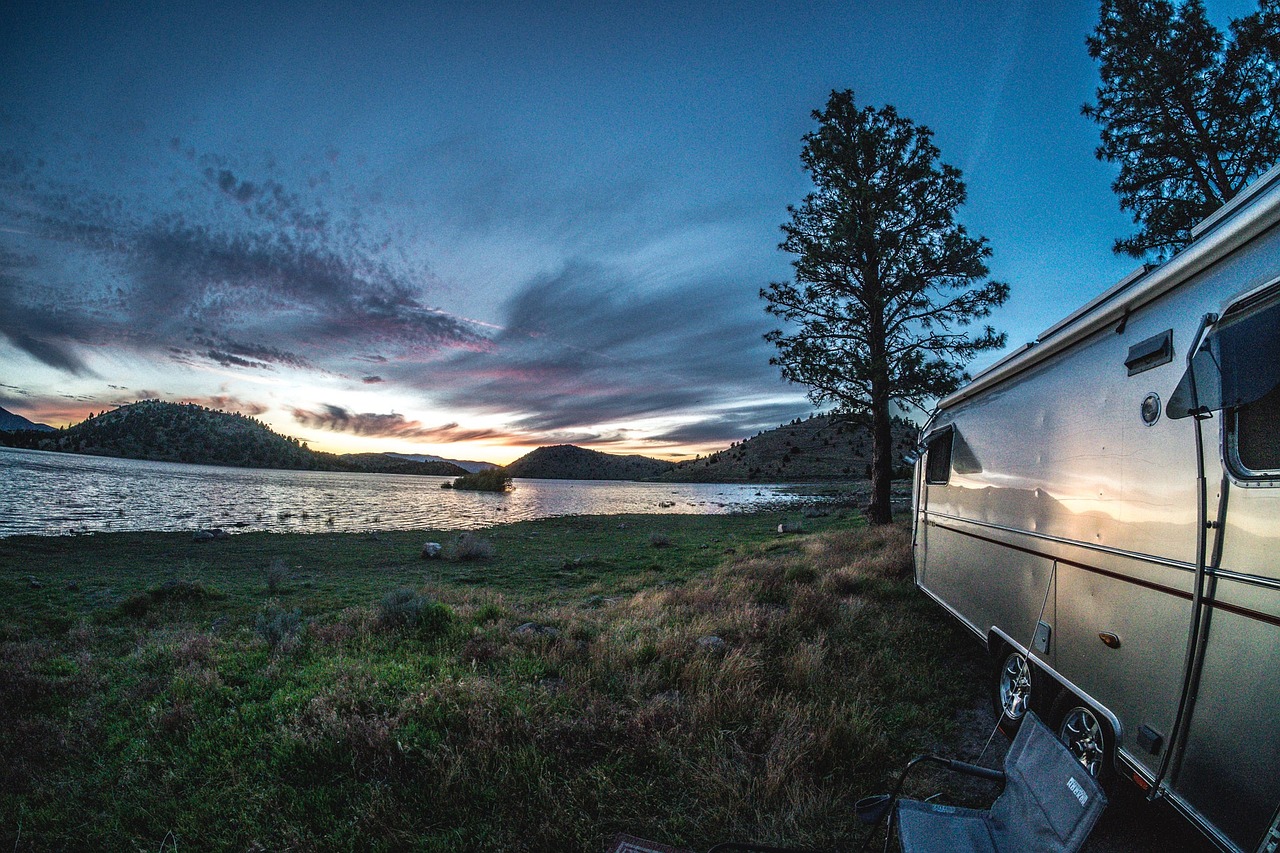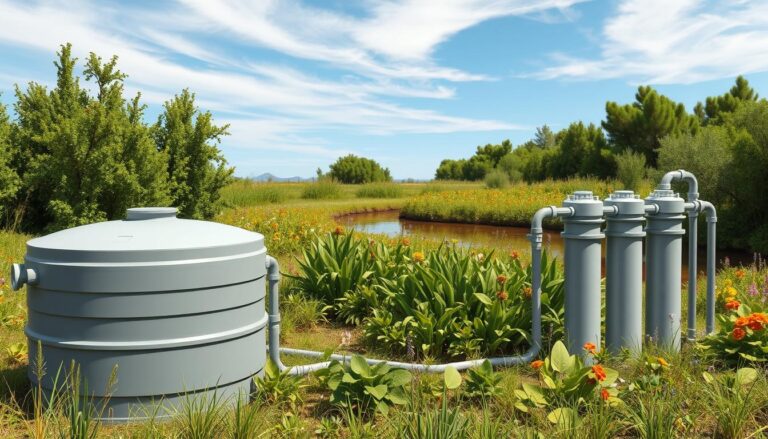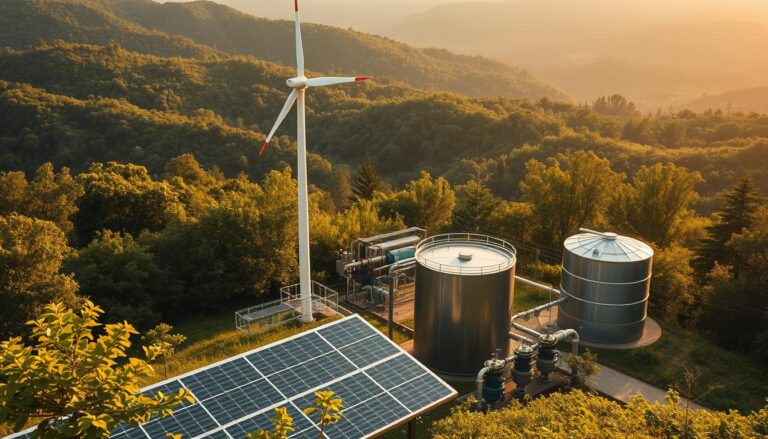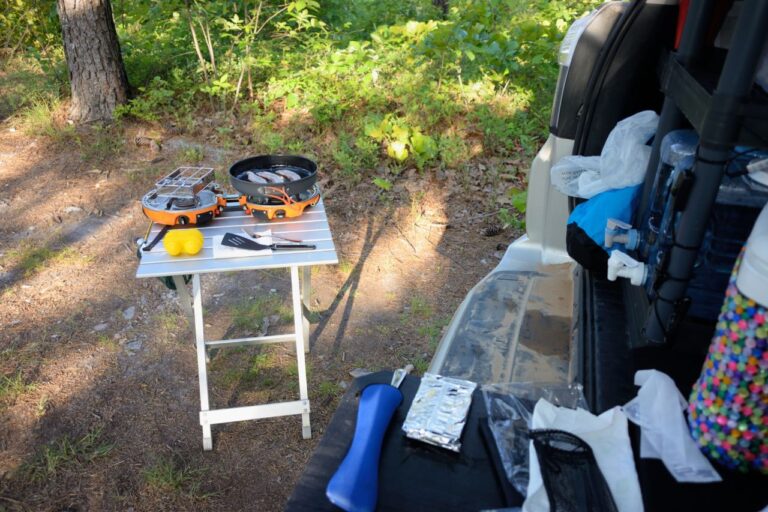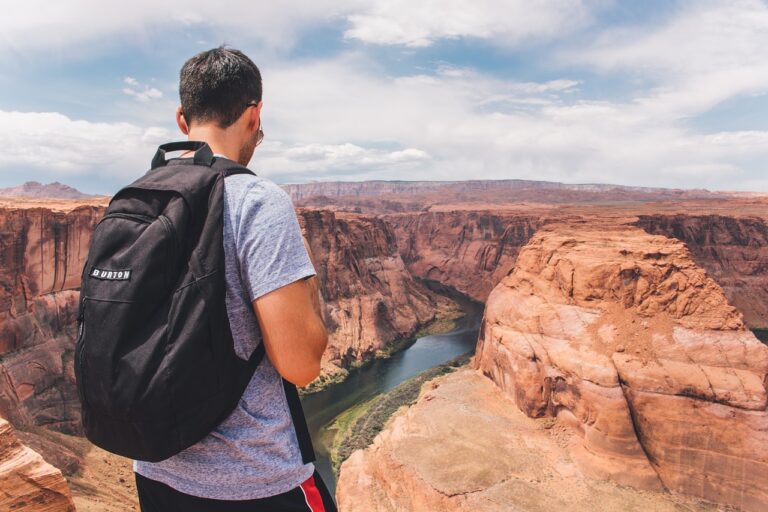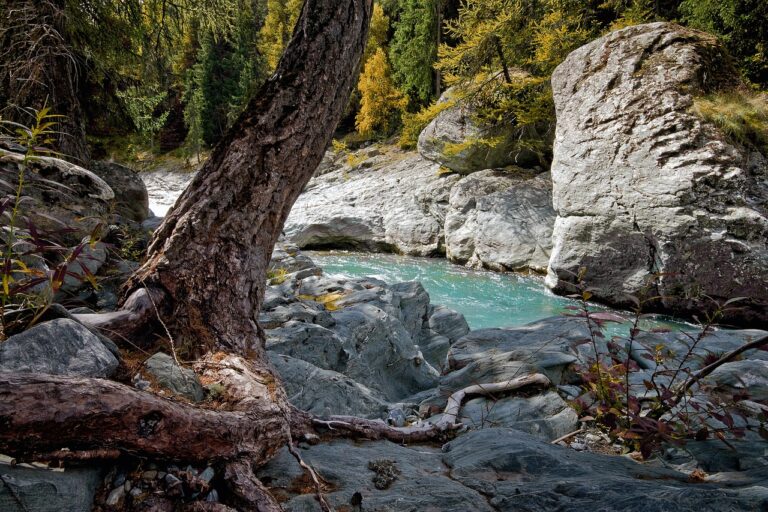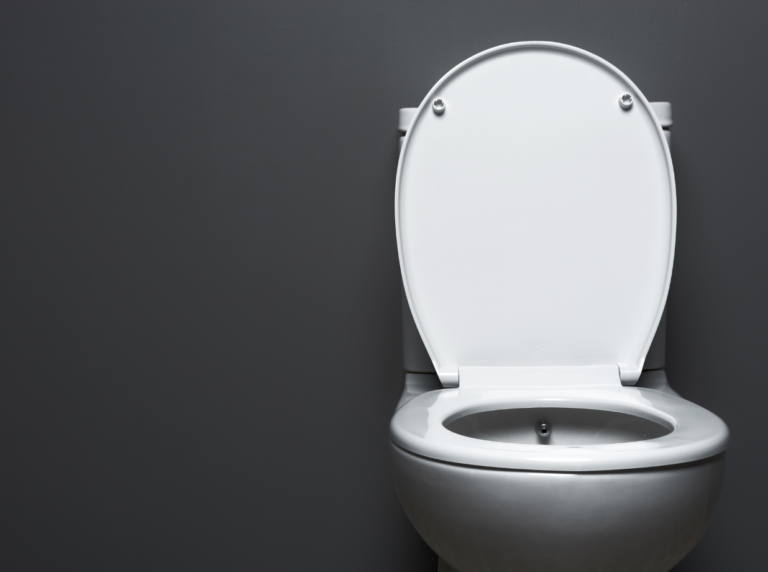Ways to Obtain Water for Your Off-Grid RV
Are you the proud owner of an off-grid RV? If so, then you already know the challenges that come with living a nomadic lifestyle. One of the biggest obstacles you may face is finding a reliable source of water. But worry not! In this article, we will explore different methods and techniques that you can use to obtain water for your off-grid RV, ensuring that you never run dry in the great outdoors. From capturing rainwater to utilizing portable water filters, we’ve got you covered. So, let’s get started on your quest to a well-hydrated and hassle-free adventure!
1. Rainwater Harvesting
1.1 Using a Rain Barrel
One of the simplest and most cost-effective ways to obtain water for your off-grid RV is by using a rain barrel. Rain barrels are large containers that collect and store rainwater from rooftops. They can be easily installed under a downspout, allowing rainwater to be diverted into the barrel. This harvested rainwater can then be used for various purposes, such as washing dishes, flushing toilets, or watering plants. Using a rain barrel not only provides a sustainable source of water but also helps to reduce your reliance on other water sources.
1.2 Installing a Rainwater Collection System
For a more comprehensive rainwater harvesting solution, you can consider installing a rainwater collection system. This involves connecting multiple rain barrels or large storage tanks to the gutters and downspouts of your RV’s roof. The collected rainwater can be filtered and purified for drinking purposes or used for non-potable needs. Installing a rainwater collection system requires some initial investment and planning, but it offers a more substantial and reliable water source for your off-grid lifestyle.
2. Well Water
2.1 Digging a Well
If you are situated in an area with access to groundwater, digging a well can be an excellent option for obtaining water for your off-grid RV. Digging a well involves drilling a hole into the ground until you reach a water source. This process may require professional assistance and equipment, but it provides a continuous and reliable supply of water. It is essential to ensure that you comply with local regulations and obtain the necessary permits before digging a well. Well water can be used for all your water needs, including drinking, cooking, and showering.
2.2 Utilizing an Existing Well
If you are fortunate enough to have an existing well on your off-grid RV property, utilizing it is a convenient and cost-effective solution for obtaining water. Ensure that the well is well-maintained and regularly tested to ensure the water’s quality. If the well water is not suitable for drinking, it can still be utilized for other purposes such as washing, cleaning, and irrigation. Utilizing an existing well minimizes the reliance on external water sources and provides a self-sustaining water supply.

3. Water Delivery Services
3.1 Finding Local Water Delivery Services
In cases where accessing natural water sources is not feasible or practical, water delivery services can be a reliable option for obtaining water for your off-grid RV. These services specialize in delivering potable water to remote locations, ensuring that you never run out of water. To find local water delivery services, you can search online directories, ask fellow off-grid RV enthusiasts for recommendations, or contact local RV parks and campgrounds for information. Make sure to inquire about the delivery schedules, pricing, and any specific requirements for delivery.
3.2 Considerations for Water Delivery
When opting for water delivery services, there are a few considerations to keep in mind. Firstly, inquire about the quality of the water being delivered to ensure it meets your needs, especially if you plan to use it for drinking or cooking. Additionally, ask about the storage capacity of your RV’s water tanks to determine the quantity of water you should order. It is always advisable to have a backup supply of water in case of unforeseen circumstances or emergencies. Lastly, plan ahead and schedule deliveries to avoid running out of water during peak usage periods.
4. Natural Water Sources
4.1 Finding Nearby Streams or Rivers
If you are located near streams or rivers, they can serve as a natural source of water for your off-grid RV. You can collect water directly from these sources using buckets, jugs, or water filtration systems. However, be mindful of any local regulations or restrictions that may be in place regarding water collection from natural sources. It is also crucial to ensure that the water is adequately treated and purified before consumption to avoid any potential health risks.
4.2 Collecting Water from Lakes or Ponds
Another natural water source that can be utilized for your off-grid RV is lakes or ponds. Depending on their accessibility and proximity to your location, you can collect water from these sources using appropriate containers or water collection systems. Before collecting water, it is essential to assess the water quality, as lakes and ponds can be prone to contamination. Treatments such as filtration, boiling, or using water purification tablets can help ensure that the collected water is safe for consumption.
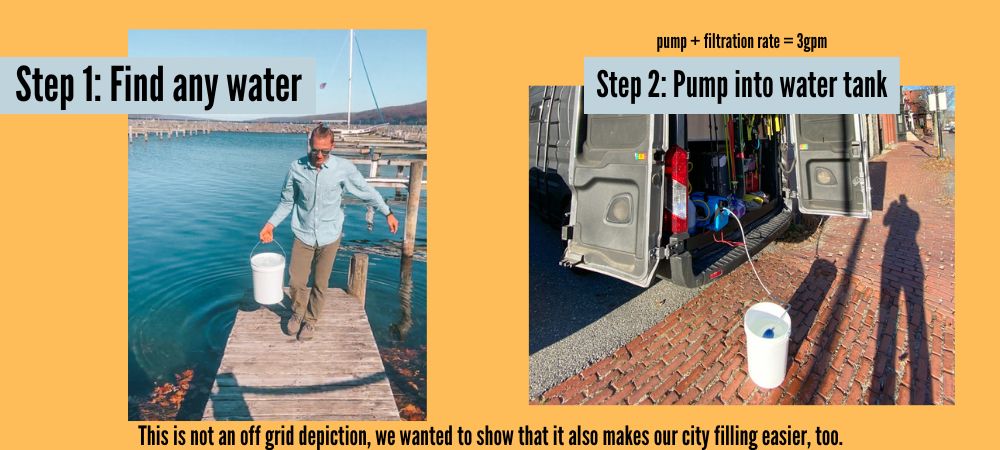
5. Portable Water Tanks
5.1 Investing in Portable Water Tanks
Portable water tanks are an excellent option for off-grid RV owners, offering a convenient and portable solution for water storage. These tanks come in various sizes and materials, ranging from collapsible containers to rigid tanks. Investing in portable water tanks allows you to transport and store larger quantities of water easily. They are particularly useful when you are traveling to areas where water sources are limited or when you want to have a backup water supply during emergencies.
5.2 Choosing the Right Size and Material
When selecting portable water tanks, consider your water consumption needs and available storage space within your RV. Determine how much water you typically use in a given period, taking into account factors such as cooking, drinking, showering, and other daily activities. Additionally, choose a material that is durable, safe for drinking water storage, and suited for your specific RV setup. Most portable water tanks are made from food-grade polyethylene, which is non-toxic and resistant to UV damage.
6. Collecting and Treating Groundwater
6.1 Using a Groundwater Pump
Collecting groundwater through the use of a groundwater pump is another viable option for obtaining water for your off-grid RV. A groundwater pump extracts water from underground aquifers or wells. These pumps can be powered by electricity, solar energy, or manual labor, depending on your preference and available resources. It is critical to understand the local groundwater conditions and any relevant regulations to ensure the sustainability and legality of the extraction. Regular maintenance and testing of the groundwater quality are also essential for safe consumption.
6.2 Filtering and Purifying Groundwater
To ensure the groundwater is safe for consumption, it is crucial to filter and purify it properly. Water filtration systems, such as activated carbon filters or reverse osmosis systems, can effectively remove impurities, sediment, and harmful contaminants from the groundwater. Additionally, water disinfection methods, such as ultraviolet (UV) sterilization or chemical treatments, can further purify the water and kill any remaining bacteria or viruses. Investing in reliable filtration and purification systems will provide peace of mind and ensure you have a continuous supply of clean and safe water.

7. Utilizing RV Parks and Campgrounds
7.1 Staying in Campgrounds with Water Hookups
Many RV parks and campgrounds offer water hookups, making it convenient for off-grid RV owners to obtain water. These water hookups allow you to connect your RV directly to the campground’s water supply, eliminating the need to rely solely on onboard water sources. When planning your off-grid travels, consider staying in campsites that provide water hookups to ensure a steady supply of water for all your needs. However, it is always advisable to carry some extra water as a backup in case of any unforeseen issues or limitations.
7.2 Utilizing On-Site Facilities
In addition to water hookups, RV parks and campgrounds often have on-site facilities that can assist with water needs. These facilities usually include amenities such as showers, restrooms, and laundry facilities, allowing you to access clean water for personal hygiene and other activities. While relying on these facilities can be convenient, keep in mind that peak usage periods may lead to limited availability or potential water restrictions. Understanding the campground’s rules and regulations regarding water usage will help ensure a positive experience while conserving water.
8. Water Conservation Methods
8.1 Installing Low-Flow Fixtures
Water conservation is crucial when living off-grid, and one effective way to achieve this is by installing low-flow fixtures in your RV. Low-flow faucets, showerheads, and toilets can significantly reduce water consumption without sacrificing functionality. These fixtures are designed to maintain adequate water pressure while using less water per use. Additionally, repairing any leaks promptly and incorporating water-saving habits, such as turning off faucets when not in use, can further maximize the efficiency of your water usage and minimize wastage.
8.2 Capturing and Reusing Greywater
Greywater refers to the wastewater generated from activities such as dishwashing, showering, or laundry that is not contaminated with sewage. Instead of letting greywater go to waste, it can be collected and reused for non-potable purposes. Installing a greywater collection system allows you to capture, filter, and store this water for activities like irrigation, flushing toilets, or washing outdoor equipment. However, always ensure proper filtration and appropriate use of greywater to avoid cross-contamination or environmental hazards.

9. Solar Powered Water Systems
9.1 Installing Solar Powered Water Pump
Harnessing solar power for your off-grid water needs is an eco-friendly and sustainable approach. Installing a solar-powered water pump allows you to draw water from wells, lakes, or other water sources without relying on external sources of electricity. These systems utilize solar panels to generate energy, which powers the pump to extract and distribute water. During sunny days, the excess solar energy can also be used to charge batteries or power other electrical devices, making it a versatile and efficient solution for your off-grid RV water needs.
9.2 Supplementing with Solar Water Heating
Solar water heating systems can complement your off-grid RV water supply by utilizing renewable energy to heat water. These systems typically consist of solar collectors, a hot water storage tank, and a circulation pump. The solar collectors absorb sunlight and transfer the captured heat to the water in the storage tank. This preheated water can then be used in your RV for showering, dishwashing, or other hot water needs. By reducing the reliance on traditional heating methods, solar water heating systems contribute to energy conservation and cost savings.
10. Filtration and Purification Systems
10.1 Choosing the Right Water Filtration System
When it comes to off-grid living, having a reliable water filtration system is essential for ensuring the quality and safety of your water supply. Selecting the right water filtration system depends on your specific needs and the quality of the water source. Consider factors such as the type of contaminants present in the water, the filtration technology required, and any specific certifications or standards to meet. Common filtration systems include activated carbon filters, ceramic filters, and reverse osmosis systems. Thorough research and consulting with water treatment professionals can help you make an informed decision.
10.2 Ensuring Effective Water Purification
In addition to filtration, water purification is crucial to eliminate any remaining bacteria, viruses, or other harmful microorganisms from your off-grid RV water supply. Various treatment methods can be employed to ensure effective water purification. Ultraviolet (UV) sterilizers, for example, use UV light to destroy the DNA of microorganisms, rendering them harmless. Chemical disinfection options, such as chlorine or iodine tablets, can also be used, following manufacturer’s instructions for proper dosage and contact time. It is important to regularly monitor and maintain your purification system to ensure its ongoing effectiveness and the safety of your water.
With these various methods and strategies for obtaining water for your off-grid RV, you can enjoy the freedom and flexibility of living off the beaten path while ensuring a reliable and sustainable water supply. Each option has its advantages and considerations, so it is important to assess your specific situation and preferences to find the most suitable approach. By adopting these water sourcing and conservation practices, you can embark on your off-grid adventures with the peace of mind that comes from having access to clean and abundant water.


